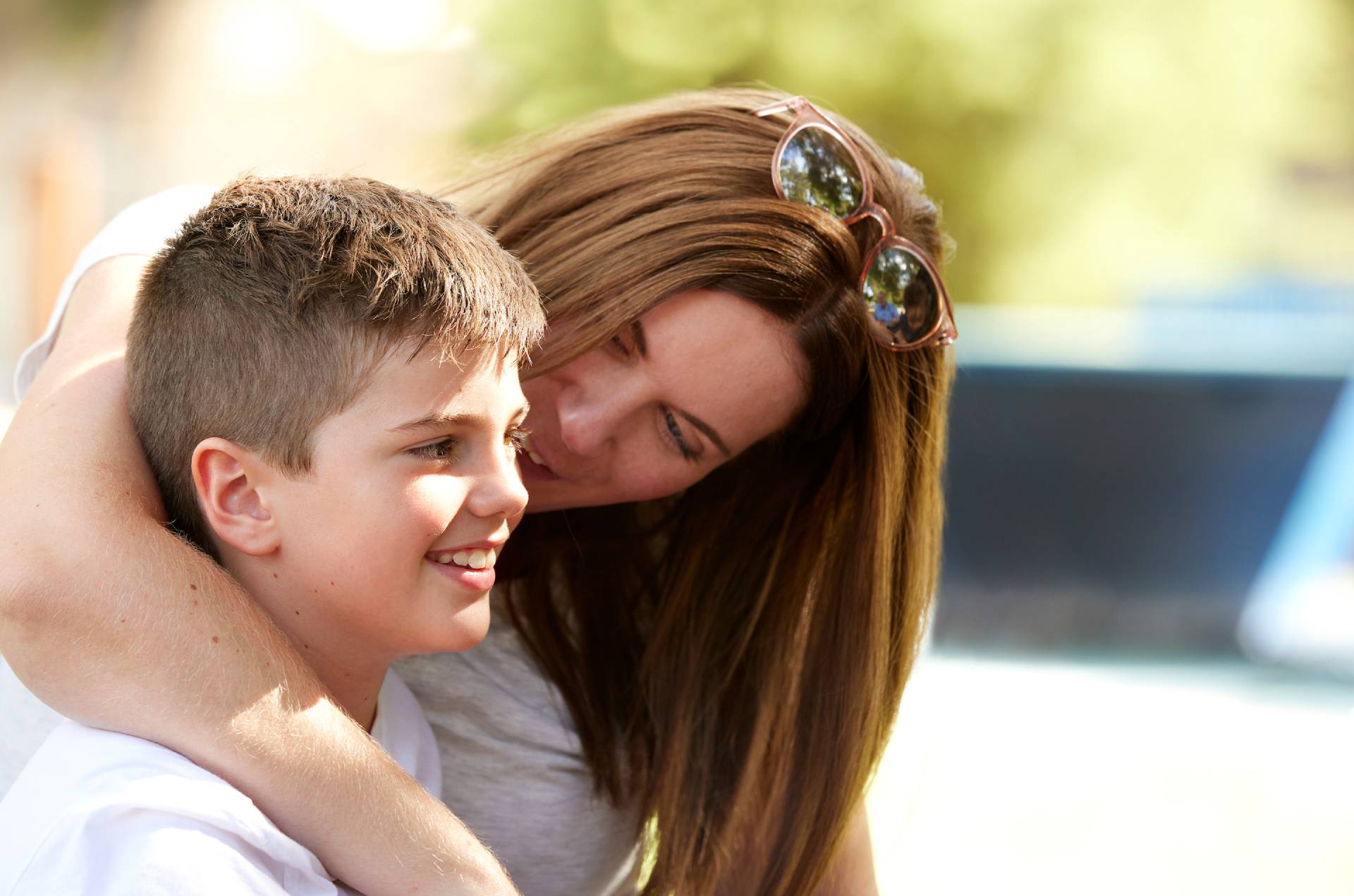Learn

Seeking a diagnosis
All children develop at different rates but you know your child best. If you are concerned about your child’s development, there’s a process you can follow to help you find the answers to your concerns.
Support for carers
Caring for a child with disability is rewarding but it can also be demanding. Your own health and wellbeing are important and there are many forms of emotional, social, physical and financial support you can access.
Early childhood
If you are worried about your child’s development, early intervention can help your child develop the skills they need for everyday activities. Play, communication and recreation strategies may mean your child needs less support in the future.
NDIS
Step-by-step information and resources on all things NDIS, from assessing eligibility, help to create an NDIS Plan, managing funding, Plan implementation and what to do if you don’t agree with an NDIS decision.
Financial support
Are you aware of financial entitlements available to you, your child and your family? There are many sources of support. Understand who pays for what and what additional help you can access from government and other sources.
Education
There’s lots to consider when choosing an appropriate learning environment for your child. Preparation is key. Learn more about the various options for education, getting your child school-ready, Individual Education Plans, accessing support in school and more.
Advocating for your child
There are likely to be times when you need to step in and advocate for the needs of your child. You can do this yourself by following a process or enlist the support of a professional, independent advocate.
Positive behaviour support
Behaviour is a means of communication, often in response to unmet needs, frustration, fear, anxiety or discomfort. Positive Behaviour Support can help families to minimise triggers and teach children effective ways to communicate their needs.
Puberty and adolescence
Puberty generally begins between the ages of eight and thirteen. Preparing your child for the changes that come with puberty can be helpful. There are plenty of useful tools and resources to assist parents and educators.
Becoming an adult
Leaving school and becoming an adult is a big event. Creating a transition plan early will give you time to think about your child’s strengths and what they might need to achieve their goals.
Other useful resources
Information across a range of disability-related subjects including autism, emergency care planning, finding your way around the Perth Children’s Hospital, accessing crisis support, legal aid, the Administrative Appeals Tribunal and more.
Glossary of terms
Struggling to understand the language used by the NDIS? Check out our glossary for short and sweet explanations of the many acronyms, terms (and similar terms) used in the world of disability.

Family stories